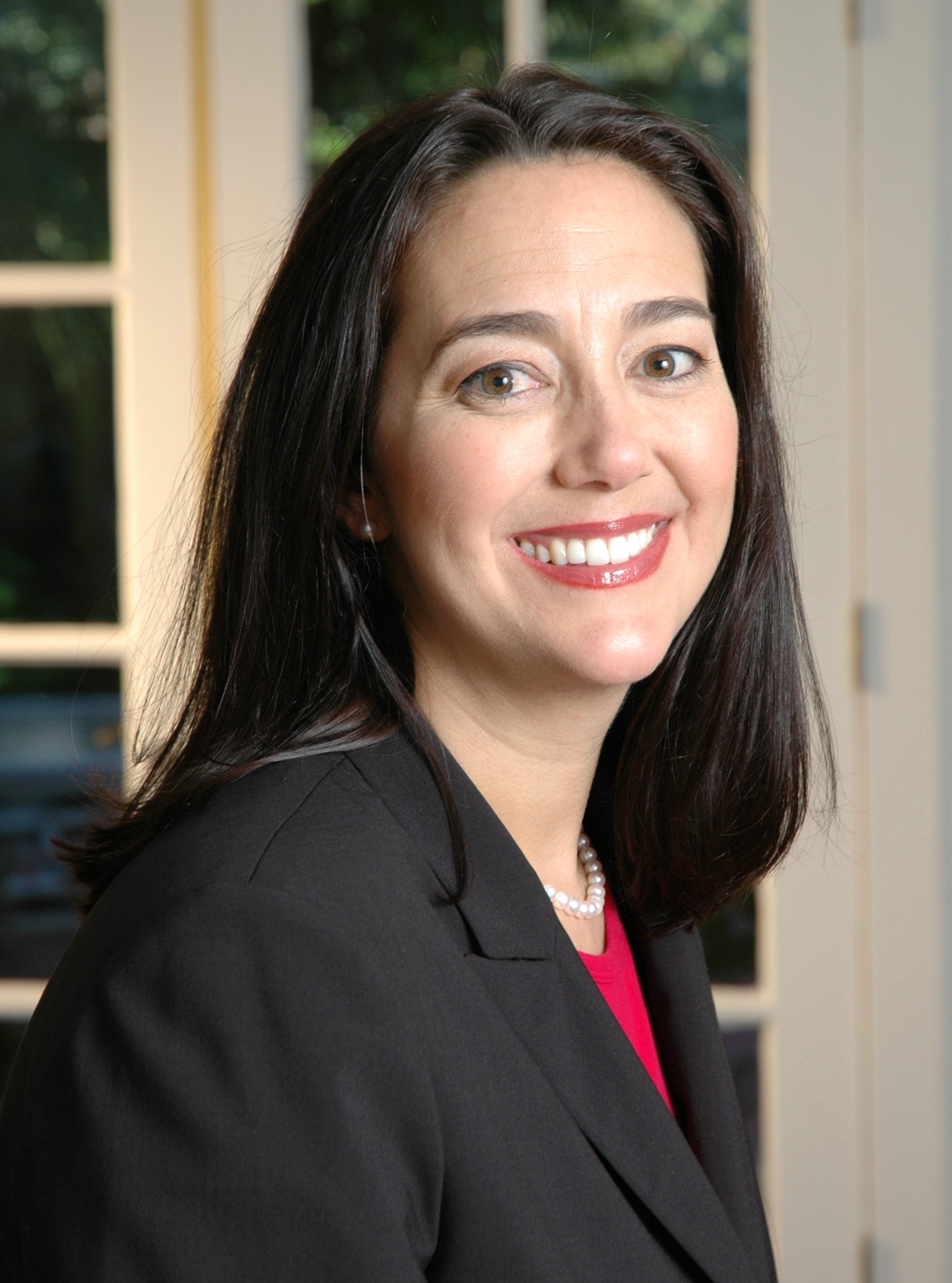2004
Erin Gruwell and the Erin Gruwell Education Project
… has undertaken the task of teaching the unteachable of struggles similar to their own… defined with clarity of vision and profound understanding the pain and needs of all children worldwide.
Erin Gruwell, founder of the Freedom Writers Foundation.
Taking a group of students designated as being hopeless, and then inspiring them to succeed seems an impossibility both far-fetched and unrealistic. However, educator Erin Gruwell achieved exactly that in four years of teaching the “unteachables.”
Erin Gruwell, a native of California, graduated from the University of California, Irvine, later earning her Master’s degree and teaching credentials from California State University, Long Beach. Her first job took her to Wilson High School in Long Beach, and placed her firmly in Room 203. It was a room full of racially divided urban students whose lives were full of violence, students considered low-performing and “unteachable”—hopeless cases—whose lives would never amount to much. Certainly it was thought that education was all but wasted on them. The students did not leave their issues with one another at the door, nor their own beliefs that their lives were, in fact, hopeless. Gruwell had a mammoth task in front of her. As a new, inexperienced teacher, she had to develop her own innovative approach to reach these kids.
Her inspiration came from the students themselves. She realized that they were not hopeless, if they might learn about other teenagers, like themselves, whose experiences had been as tragic, or destructive, as their own. She rewrote her curriculum and lesson plans to reflect this idea. She assigned books for them, such as Anne Frank: The Diary of a Young Girl and Night by Elie Wiesel. She discussed the Nazis, the events of the Holocaust, and had her students watch movies like Schindler’s List. Her students responded quickly to what they were reading and seeing. They could see the relationship between what they were reading from decades ago and what they were experiencing in their own lives. To further this thinking, Gruwell bought them each a journal to write in; no formal essays, no grading, just their own stories to tell, their own thoughts. Any way they wanted to write without fear was acceptable and encouraged. Writing anonymously, her students began to open up, letting their stories take over, while eroding their prejudices.
Erin Gruwell taught the same students of Room 203 all throughout high school, and as time went on, they grew so inspired that they wrote to people like Miep Gies (who helped hide Anne Frank and her family), who paid a visit to the school. She, along with other speakers, helped them to realize that just as Anne Frank’s and Elie Wiesel’s stories, among others, still resonated and had an impact today, so too could their own stories motivate and help others. After learning of the Freedom Riders during the Civil Rights Movement, Gruwell’s class decided to call themselves the Freedom Writers. They founded the Freedom Writers Foundation, published a book of their journal entries called The Freedom Writers Diary, and took their message on the road to inspire at-risk students not to give up on themselves. And by the end of their high school careers, the “unthinkable” happened to the “unteachables”—all of them graduated. Many went on to college, and some even came to work for the Foundation.
Gruwell left the high school for another position after her students graduated, but stayed very involved with the Freedom Writers Foundation. Its mission and goal is to provide training materials for teachers and guidelines for teaching their own at-risk students, to reach them and encourage them to believe in themselves. In addition to providing copies of the book, there are now Teacher’s Guides and training programs in Erin Gruwell’s particular method to help educators develop individual ways to teach their students.
Most importantly, Erin Gruwell and the Freedom Writers Foundation want to encourage teachers and students to believe that everyone has potential; that no one is hopeless in this life. Everyone has an important story and a role to play in fostering mutual understanding. Such stories are timeless.

